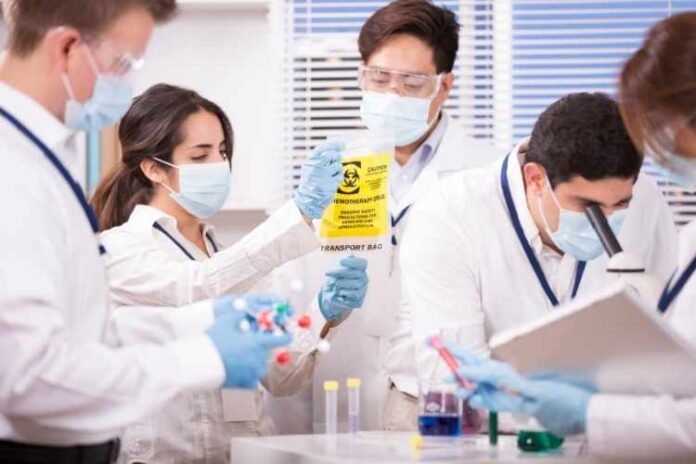Despite multiple technological advancements and research, cancer remains one of the biggest mysteries and roadblocks in the medical field. Many organisations around the globe have begun expanding their research scope, and Australia is at the forefront, taking charge. Over the years, cancer research in Australia has contributed to the study of cancer, its origin, cure, and prevention. With new approaches, trials, and measures, the continent has made massive progress in identifying, diagnosing, and curing cancer and supporting cancer patients.
What is Cancer Research?
Cancer research is an approach to creating new ways to improve health. Since it involves multiple research stages, identifying and discovering new treatments and drugs, it is a lengthy and complicated process.
Cancer research undergoes various stages. The initial step involves detecting a problem and creating strategies to eliminate it. The next course of action is gaining support for the project through funds, fellowships, grants, and scholarships. The government, individuals, non-profit groups, charities, research organisations, pharmaceutical companies, etc., grant funds to support cancer research. Funds ensure the commencement of the final stage: collecting the proper equipment, conducting tests, and studying the results.
Funding of Cancer Research Projects in Australia
Funds were provided until July 2015 for Australian cancer research projects scheduled from 2016 to 2018 to detect and develop new approaches and strategies regarding cancer treatment.
- Overall funds accumulated for cancer research programmes from 2016 to 2018 were over $252 million, with the Australian government contributing the most – over $187 million.
- Most of the research programmeshad at least one or more than one investors.
- Single funding investors invested in around 95% of the projects.
Two National Audits reported their findings regarding the funds provided for Australian cancer research programmes:
- More than $1.7 billion in funds went to cancer research from 2006 to 2011, and the Australian government was the largest contributor – over $1 billion.
- There was a 41% increase in the funds from 2006 – 2008 to 2009 – 2011.
- The total career funding collected for cancer researchers was $304 million.
Aside from the Australian government, which was the largest funder, the other main funders who contributed to cancer research projects were:
- State and territory government
- Cancer Councils
- Cancer-specific research foundations
- Various non-profit organisations
- Charitable funders
In addition to major investors, such as the Australian government, Cancer Councils, and cancer-specific research organisations, people-support schemes also contributed to cancer research and assisted cancer researchers:
- Scholarships and fellowships were provided to help cancer researchers and graduates with higher academic degrees.
- Cancer research for building infrastructure and research capacity received $453 million funds and yearly funding increased by 50%
- The least common fellowship programmes between 2006 and 2011 were the Mid-career Fellowships.
- Department of Prevention Research, Public Health and Health Services Research received the lowest funding from 2006 to 2011.
- Academic Cancer Research Chairs granted salaries to cancer researchers in leadership roles to support their research.
- Centres of research formed teams of experts to conduct joint research on common ground regarding cancer.
- Cancer research laboratories and facilities were supported through capacity-building grants.
- Strategic initiatives were taken to support cancer research projects focused on areas of cancer identification.
- Grants and funds were also provided to overlook the infrastructure, tools, and equipment required to conduct thorough and meticulous cancer research.
Cancer research in Australia is a detailed programme to learn more about cancer, its cure and preventative measures. It requires funds and grants to facilitate the research projects and obtain critical data.


























